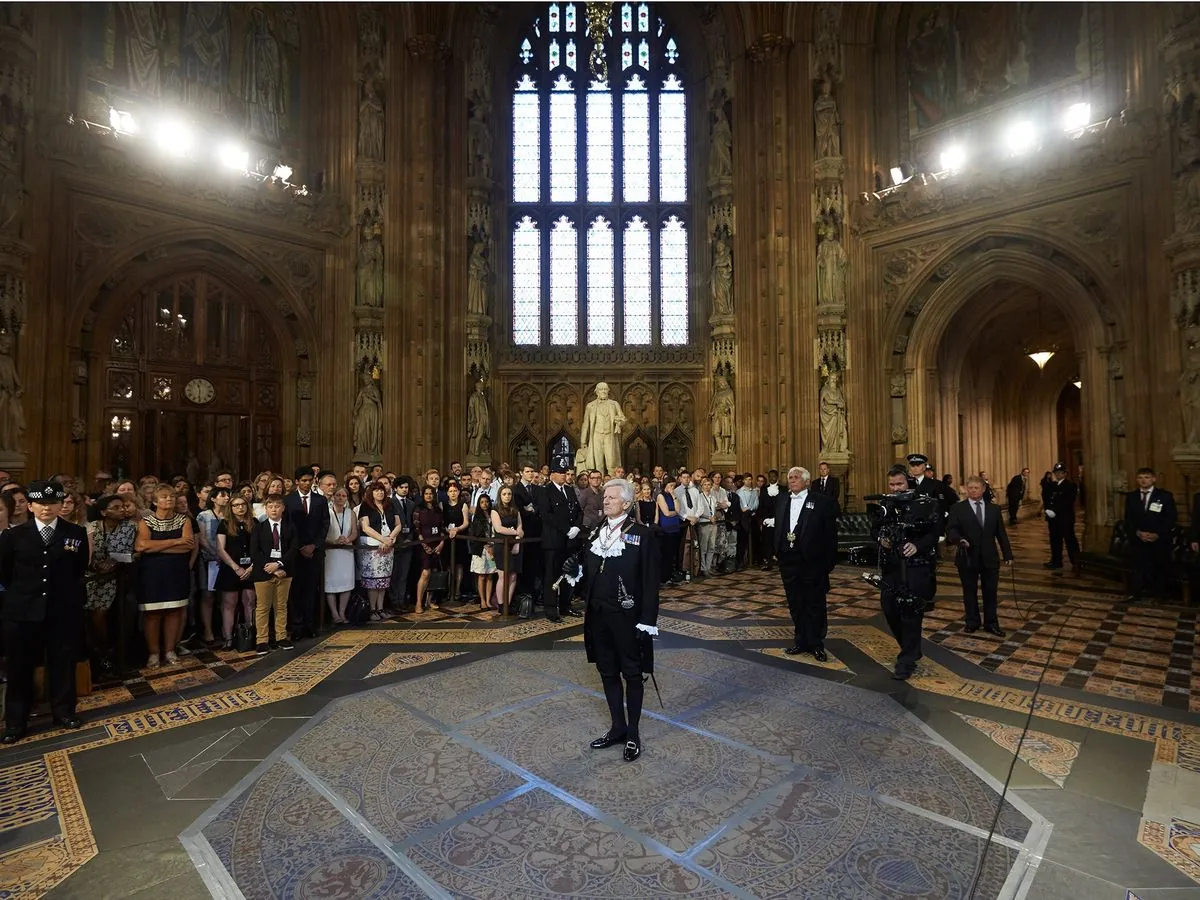UK Government Faces Scrutiny Over Pension Increase Leak and Benefit Cuts
Reports of a £400 state pension rise spark controversy amid Labour's plan to cut winter fuel allowance. Government faces potential leak inquiry as political tensions rise over economic policies.

The UK government is facing potential scrutiny over reports of a significant state pension increase, while simultaneously dealing with criticism over proposed benefit cuts. This situation has sparked a heated debate between the ruling Labour Party and the opposition Conservatives.
According to recent reports, the state pension is expected to rise by approximately £400 in April 2025. This information, along with projections of a 3.5% average wage increase for May to July 2024, has led to concerns about the premature release of sensitive economic data. The Conservative Party is considering requesting an inquiry from the UK Statistics Authority, an independent body responsible for overseeing official statistics, to determine if any rules were breached in the disclosure of this information.

The controversy surrounding the pension increase comes at a time when the Labour government, led by Sir Keir Starmer, is facing criticism for its decision to cut the winter fuel allowance. This benefit, introduced in 1997 to assist older individuals with heating costs, is set to become means-tested, affecting approximately 10 million retirees who will not receive the £200-£300 payment for the first time in the winter of 2024-2025.
Rachel Reeves, the Chancellor of the Exchequer, has defended the decision, citing the need to address a £22 billion fiscal deficit inherited from the previous administration. The government argues that the projected £1,000 increase in state pension value over the next five years (2024-2029) will help offset the impact of the winter fuel allowance cuts.
"We had to clear up the mess left by the party opposite. We inherited absolute chaos from our predecessor in No 10."
However, the decision has sparked internal dissent within the Labour Party, with over a dozen MPs expressing concerns about the policy. Some, like former frontbencher Stella Creasy, have suggested alternative cost-saving measures, such as reevaluating Private Finance Initiative (PFI) schemes, which were introduced in 1992 as a method to fund public infrastructure projects.
The political tension was evident during a recent Prime Minister's Questions (PMQs) session, where Rishi Sunak, the Conservative leader, accused the government of prioritizing "train drivers over vulnerable pensioners." This criticism stems from the Labour Party's decision to award significant pay rises to rail unions while cutting benefits for pensioners.
As the UK approaches a crucial Commons vote on September 10, 2024, regarding the winter fuel allowance changes, the government faces the challenge of balancing fiscal responsibility with the needs of vulnerable populations. The outcome of this vote and the potential leak inquiry could have significant implications for the Labour Party's economic policies and public perception.
The ongoing debate highlights the complex interplay between pension policies, fiscal management, and political maneuvering in the UK's current economic landscape. As the country grapples with a public sector net debt of approximately £2.5 trillion as of July 2024, the government's decisions on pensions and benefits will continue to be closely scrutinized by both the opposition and the public.


































